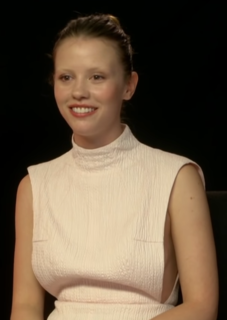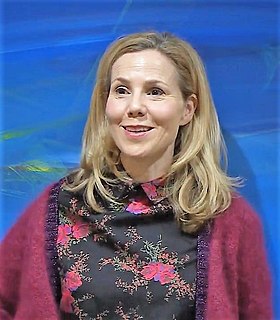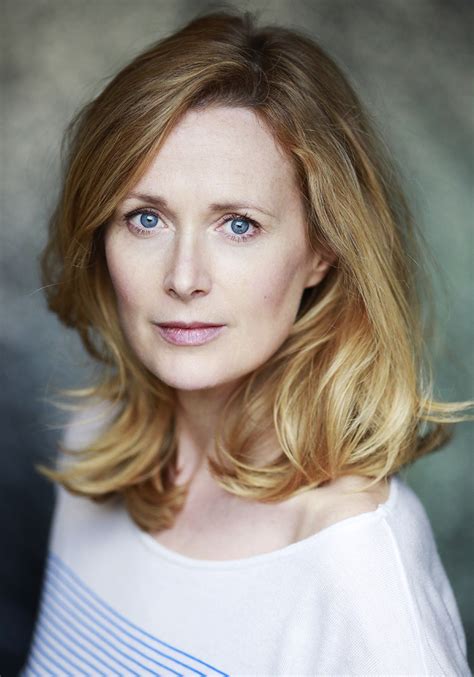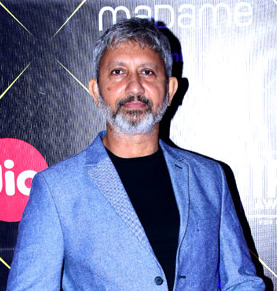A Quote by Dermot Mulroney
Page one of the script, I launch into, "How would I feel if I were in this position?" That's an actor's job.
Related Quotes
The "magic if" is a tool invented by Stanislavski, the father of acting craft, is to help an actor make appropriate choices. Essentially, the "magic if" refers to the answer to the question, "What would I do if I were this character in this situation?" Note that the question is not "What would I do if I were in this situation?" What you would do may be very different from what the character would do. Your job, based on your analysis of the script, the scene, and the given circumstances regarding the who of your character, is to decide what he or she would do.
Any good movie or script usually, if they're doing their job, gives the highest platform possible for an actor to leap off of, and that script was very high up there. It was a very smart, tight script. There was a lot of improv, as well, once we got to the set, but a lot of the original script was also in there.
When I'm writing, it's about the page. It's not about the movie. It's not about cinema. It's about the literature of me putting my pen to paper and writing a good page and making it work completely as a document unto itself. That's my first artistic contribution. If I do my job right, by the end of the script, I should be having the thought, 'You know, if I were to just publish this now and not make it . . . I'm done.
As a writer myself, my job has very often been to also write on the job. So you get the script and a vague idea of how the scene might work, and you then add funny words or change the script. I'm not the world's best writer or the world's best actor, but I can do that thing where I can fix - or ruin - fix-slash-ruin, add quirk, add value.
I think directors can be a little insensitive to how vulnerable an actor is, when he's giving a performance. Part of the job of an actor is to invite scrutiny, but with that, the people around them have to nurture that and put them in an environment where they feel safe and they feel like they can risk something.
The class warfare was in the script as well. It establishes what the world is like and what would happen if we really had two zones that were left and everybody had to survive using these two areas. What would our society to do with that set up? I wanted the state of world, in my mind, how it would actually realistically unfold. I drew that from what was in the script.




































